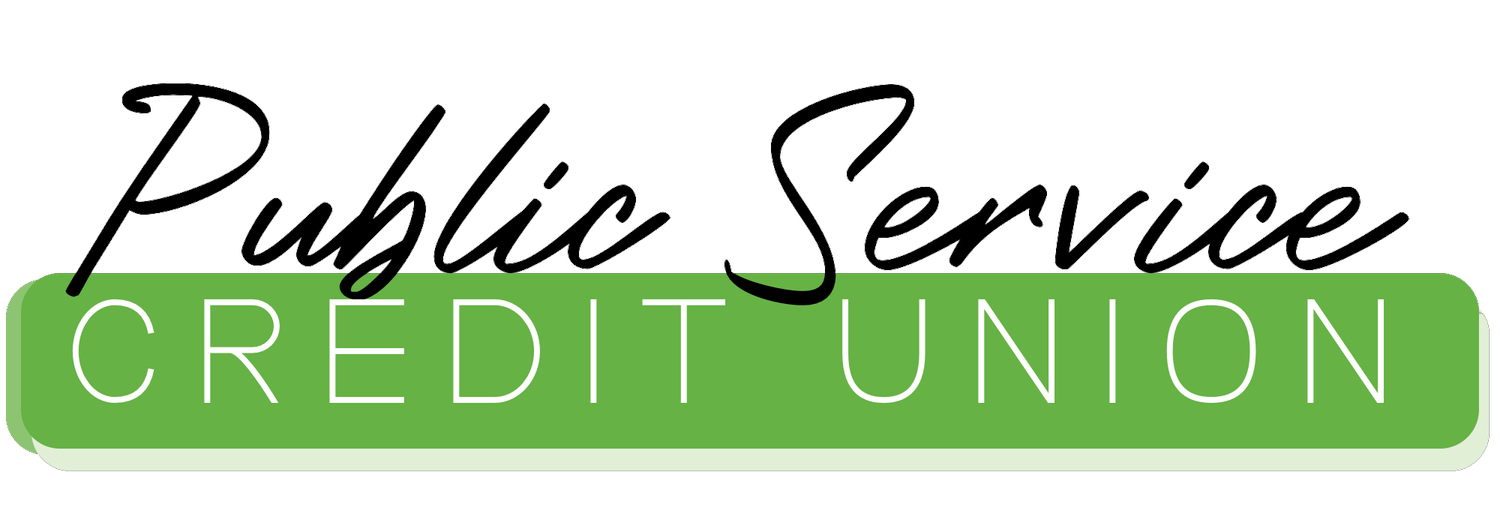Why Choose Public Service Credit Union Over a Traditional Bank?
When it comes to managing finances, the choice between a bank and a credit union can make a significant difference in your financial well-being. Public Service Credit Union, like many credit unions, offers a compelling alternative to traditional banking institutions through a combination of member-focused services, competitive rates, and community-based operations. Here are some key reasons why you might consider joining a credit union such as Public Service Credit Union instead of opting for a traditional bank.
1. Member-Centric Structure
Credit unions are not-for-profit organizations that exist to serve their members rather than to maximize profits for shareholders. This fundamental difference in structure means that credit unions like Public Service Credit Union are focused on returning value to their members. This can manifest in lower fees, higher interest rates on savings accounts and share certificates (like CDs at banks), and lower interest rates on loans and lines of credit.
2. Member Benefits and Profits
Since credit unions return profits to their members, you often enjoy better rates and fewer fees. For instance, Public Service Credit Union offers better terms on mortgages and auto loans than you would typically find at banks. The profits generated by your activities (like saving money or taking out loans) indirectly come back to you in the form of dividends or improved services. In 2023, over $20,000 in dividends were paid to members.
“If you’re looking for a more personal connection with your financial institution, better rates, and an opportunity to have a say in how things are run, a credit union could be the right choice for you.”
3. Enhanced Customer Service
Credit unions generally are known for their superior customer service. With a more concentrated customer base, Public Service Credit Union can offer a more personalized banking experience. As a member, you're likely to have more direct contact with decision-makers, and your needs and concerns are addressed more promptly and personally.
4. Democratic Structure
One of the most distinctive features of credit unions is their democratic structure. Members of a credit union like Public Service Credit Union have a say in the governance of the institution. Members can vote on important issues and elect the board of directors, all of whom are also members of the credit union. This member-controlled approach ensures that decisions are made with the members' best interests in mind.
5. Inclusivity and Accessibility
Credit unions often serve those who might otherwise be marginalized by traditional banks. Public Service Credit Union can offer products for those with less-than-perfect credit histories or who might not meet the minimum requirements imposed by banks. This focus on inclusivity helps extend financial services to more members of the community, thus fostering financial literacy and empowerment.
6. Safety and Security
Like banks, credit unions are insured by federal agencies. In the case of Public Service Credit Union, accounts are insured up to $250,000 by the National Credit Union Administration (NCUA), offering the same level of protection as the FDIC provides to bank customers. This means your money is safe, just as it would be in a traditional bank.
Choosing where to bank is a personal decision influenced by a variety of factors including convenience, rates, services, and how much you feel valued as a customer. For many, credit unions like Public Service Credit Union offer a compelling package of benefits primarily driven by their member-first philosophy, lower fees, and community-oriented services. If you're looking for a more personal connection with your financial institution, better rates, and an opportunity to have a say in how things are run, a credit union could be the right choice for you.

